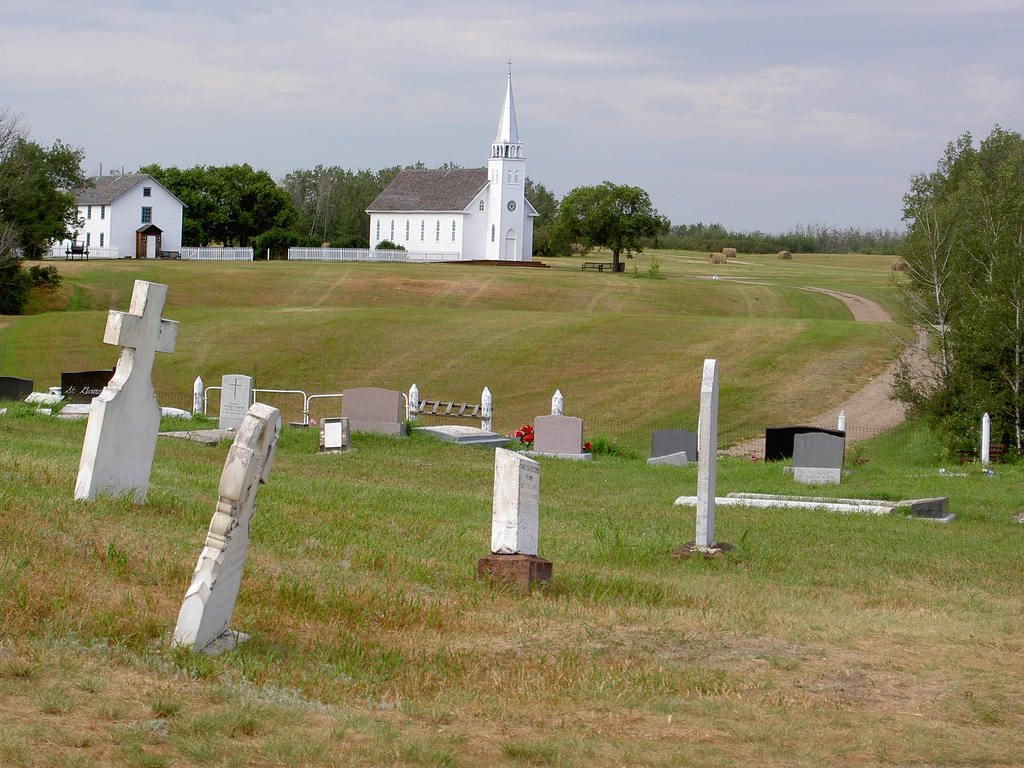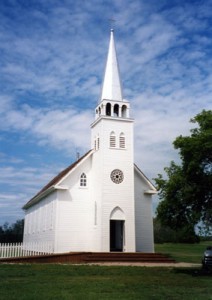My long-time friend and colleague, Steve Muhlberger and I both have chapters in an upcoming book which may interest readers of this blog. The book is The Secret History of Democracy, edited by Benjamin Isakhan and Steven Stockwell, and published by Palgrave Macmillan.
The book will be released on February 11, 2011 in Europe and the U.K. (£57.50), and on March 15, 2011 in North America (US$85.00). Pre-publication orders can be made through Amazon, which offers a modest discount. At this price, I don’t expect it to be a runaway bestseller, but it is likely to do well in the institutional market, so be sure your university or major public library acquires it!
My contribution is “The Hunters who Owned Themselves”, a study of self-government among the Métis people of Western Canada, exemplified by their highly organized buffalo hunts. Steve’s contribution is “Republics and Quasi-Democratic Institutions in Ancient India”. There are many other interesting-looking contributions. The book’s blurb reads:
The Secret History of Democracy explores the intriguing thesis that there is a lot more democracy in human history than historians generally admit, and presents some surprising evidence for this case. The idea that democracy could have a ‘secret’ history might at first seem strange. Indeed, the history of democracy has become so standardized, is so familiar and appears so complete that it is hard to believe it could hold any secrets. The central argument of this book is that there is much more to the history of democracy than this foreshortened genealogy admits. There is a whole ‘secret’ history, too big, complex and insufficiently ‘Western’ in character to be included in the standard narrative. Against the assertion that new democracies have no democratic heritage, the contributors to this volume establish that democracy was developing in the Middle East, India and China before classical Athens, clung on during the ‘Dark Ages’ in Islam, Iceland and Venice, was often part of tribal life in Africa, North America and Australia and is developing today in unexpected ways through grassroots activism. This book is a timely collection of essays that make a substantial contribution to the emerging debate about the history of democracy and set the tone for future discussion and research.
The book has been positively reviewed by John Markoff, the widely respected author of Waves of Democracy, one of the major works in the modern revival of democratic scholarship. Markoff writes:
“The thought-provoking essays gathered in The Secret History of Democracy provide convincing evidence that democratic mechanisms have been invented many times and in many places, including times and places neglected in common accounts. This collection is a sobering reminder that democratic practices have often been succeeded by something else. But one also takes away a sense of the dynamic character of democratic history and the endless diversity of practices with some reasonable claim to embody democratic principles. As growing numbers wonder about what sorts of political institutions make sense in the face of the enormous problems confronting the twenty-first century, this demonstration of the long human history of political creativity gives some reason for hope.”
I did not want to do a half-assed job for my contribution, so I immersed myself in both primary and secondary sources. I’ve always been fond of this particular subject, which is one of the most colourful areas of Canadian history. The strict length limitations of the book forced me to omit all sorts of fabulous stuff, but I think that the end result is lean-and-mean, and accessible to an international audience unfamiliar with events that are rarely discussed outside of Canada. The Métis people had an extraordinary “knack” for self-government, and the nature and origins of their institutions merit the attention of world historians.
All this reminds me of times spent on the Canadian prairies, years ago, and of one particular visual memory. The Métis community at Batoche built a church, which survives today. It embodies an archaic style of French Canadian church architecture which is said to be the origin of New England’s famous Congregational churches. The New Englanders, who had come from a country where churches were made of stone, and needing to build in wood, seem to have copied Catholic churches in adjacent Quebec. Ironically, few of the original Quebec models survived (wooden churches burn down easily), and were displaced by a more ornate style in the mid-19th century. But the earlier, simpler aesthetic traveled west, and found a home among the Métis. I am not a Church-goer, but if anything would tempt me to be one, it is the extraordinary beauty of the church of Batoche:


0 Comments.